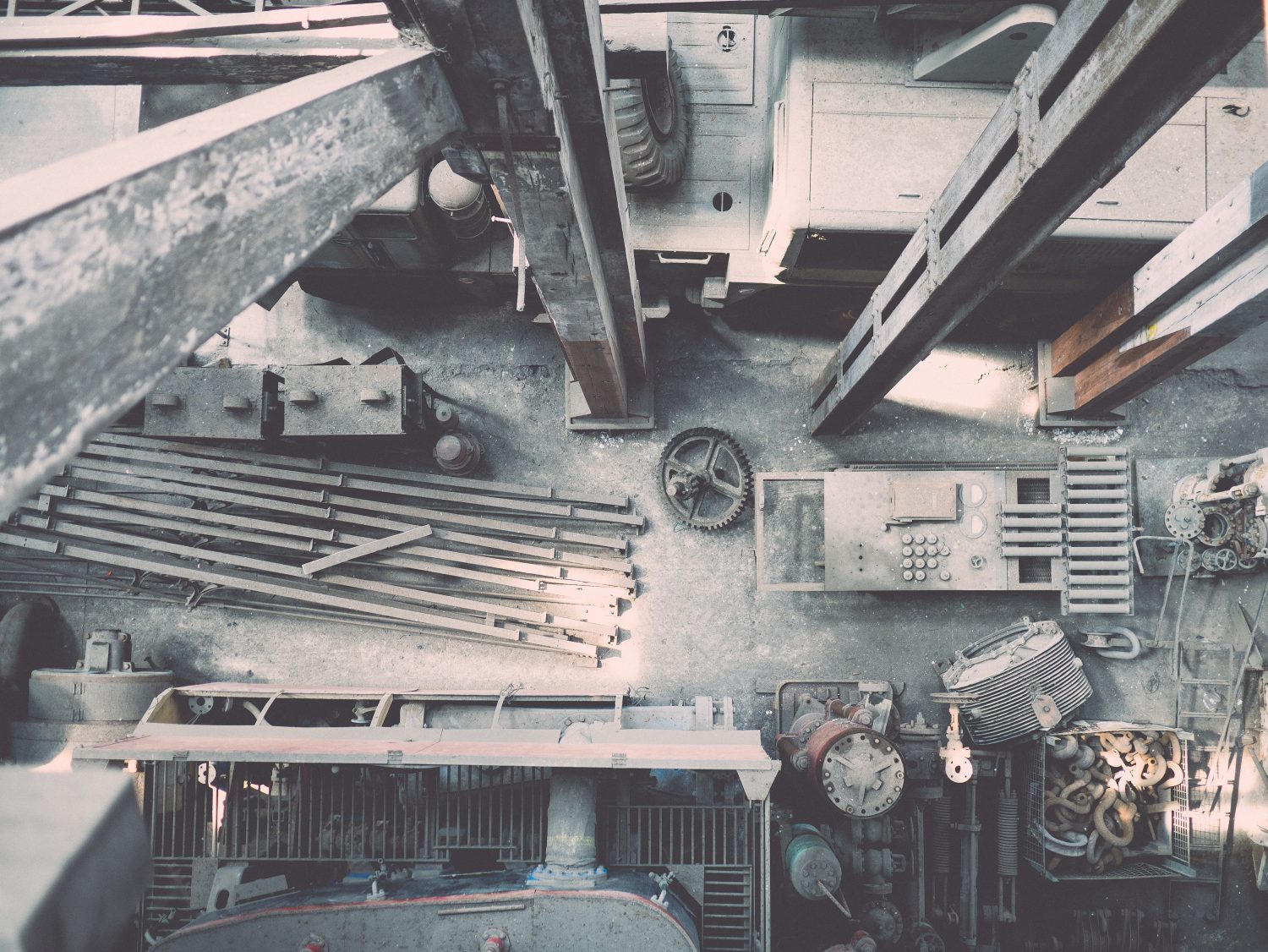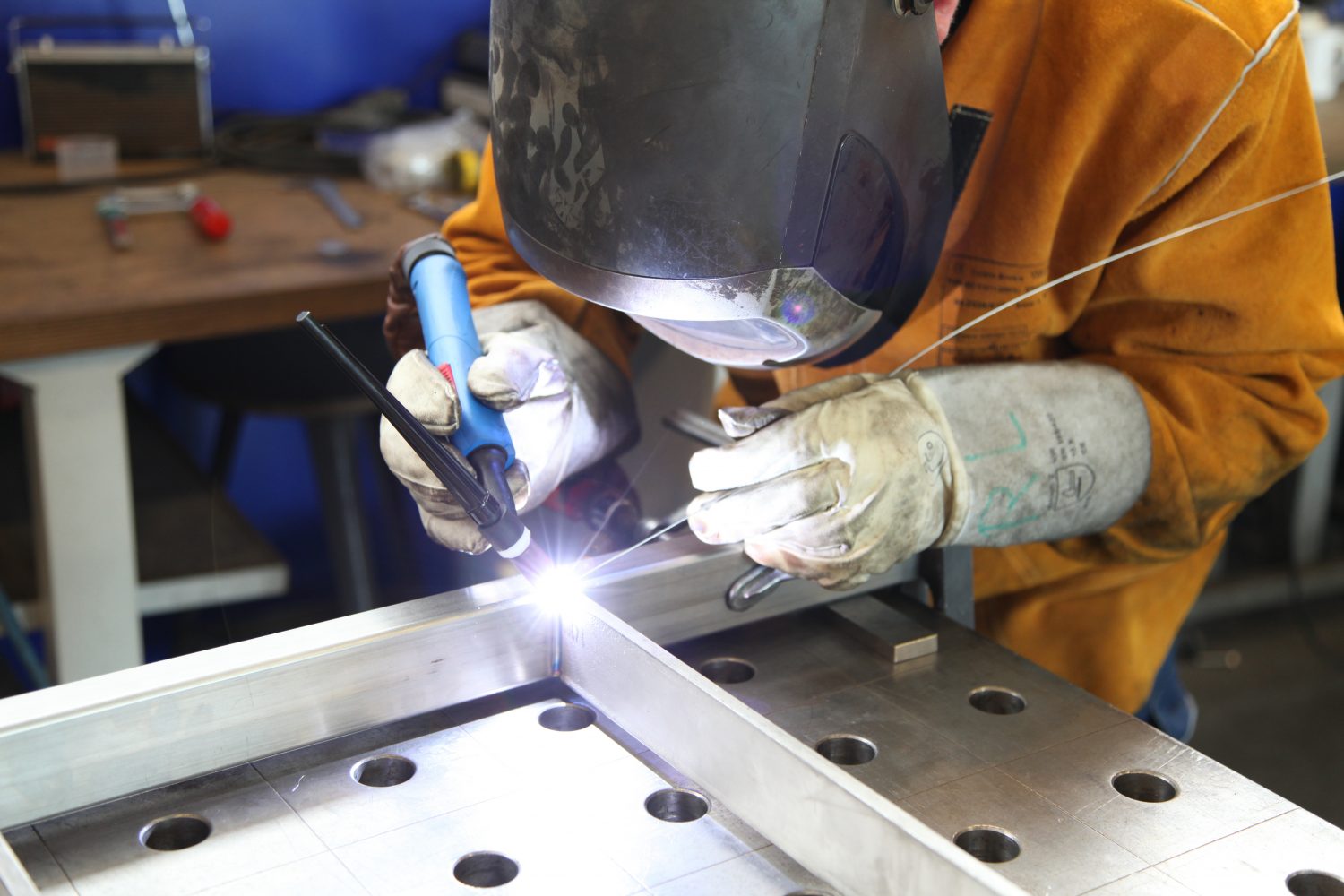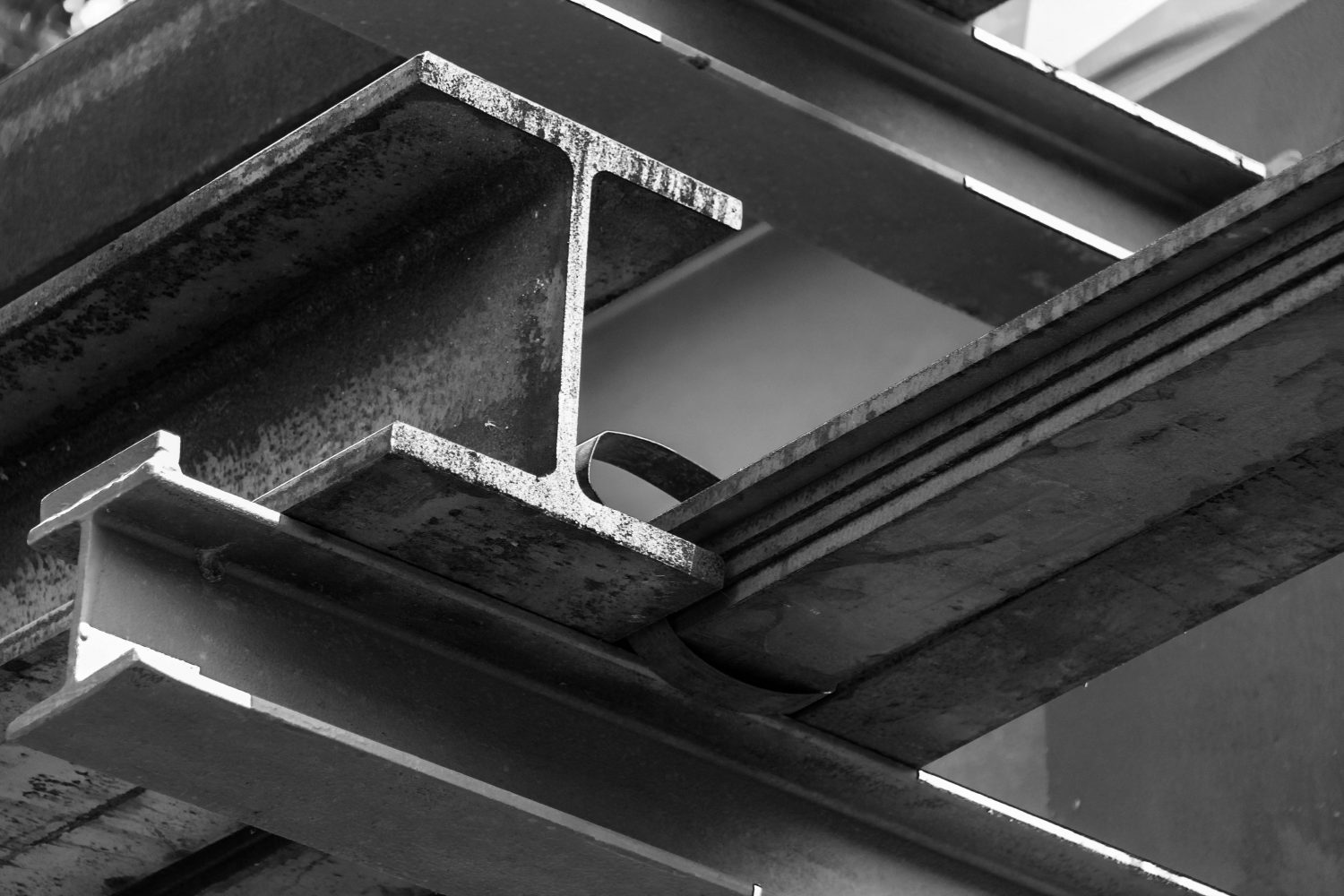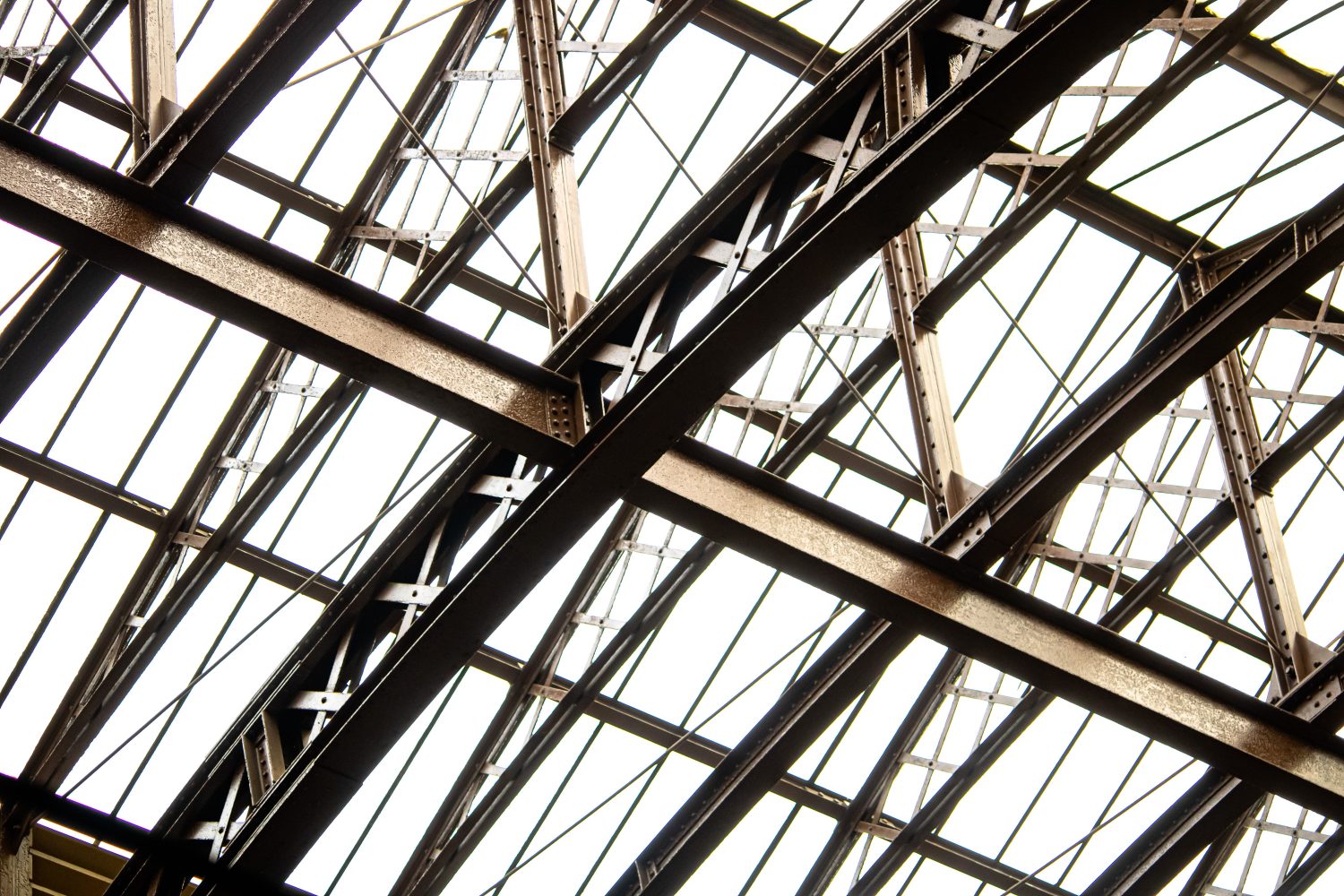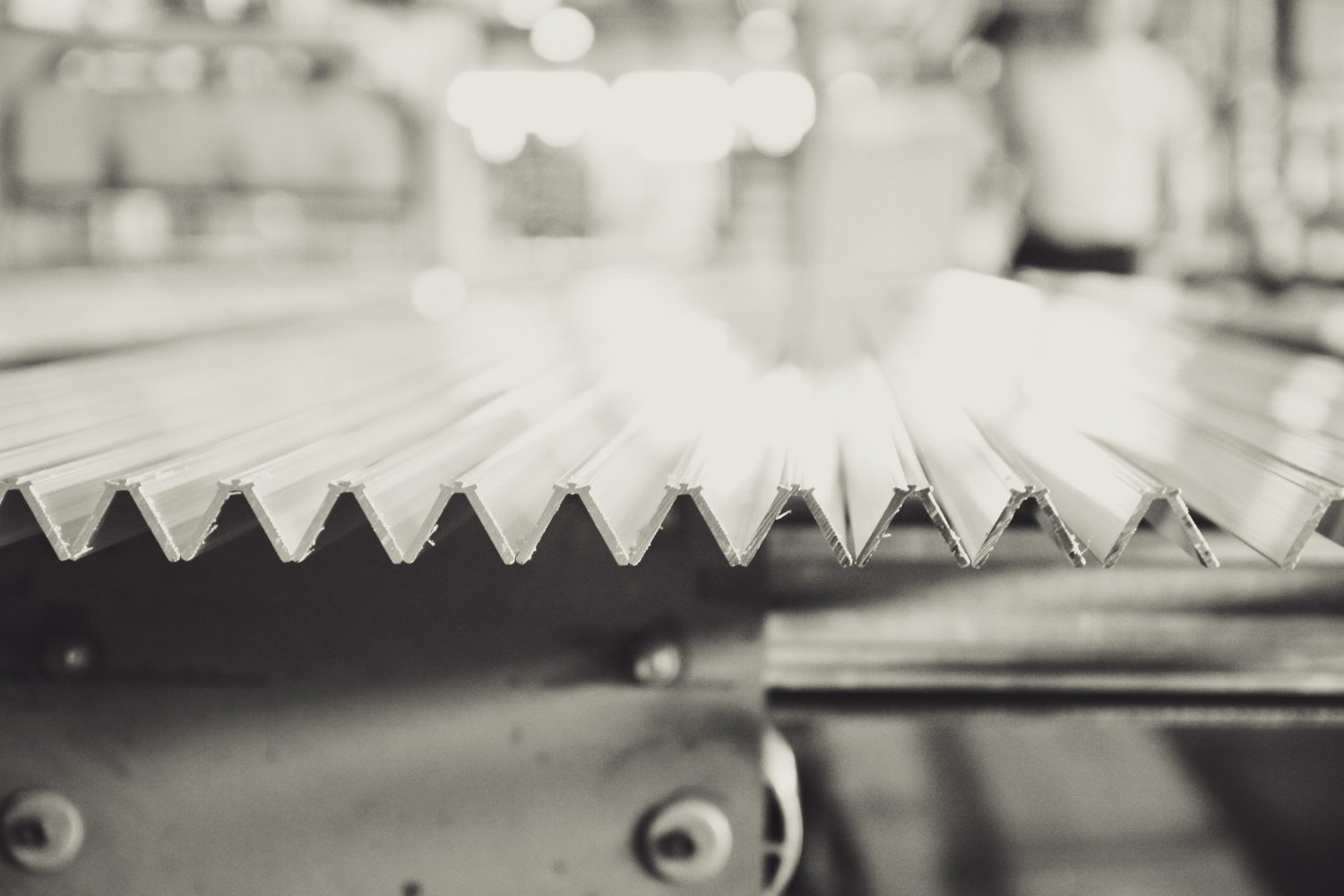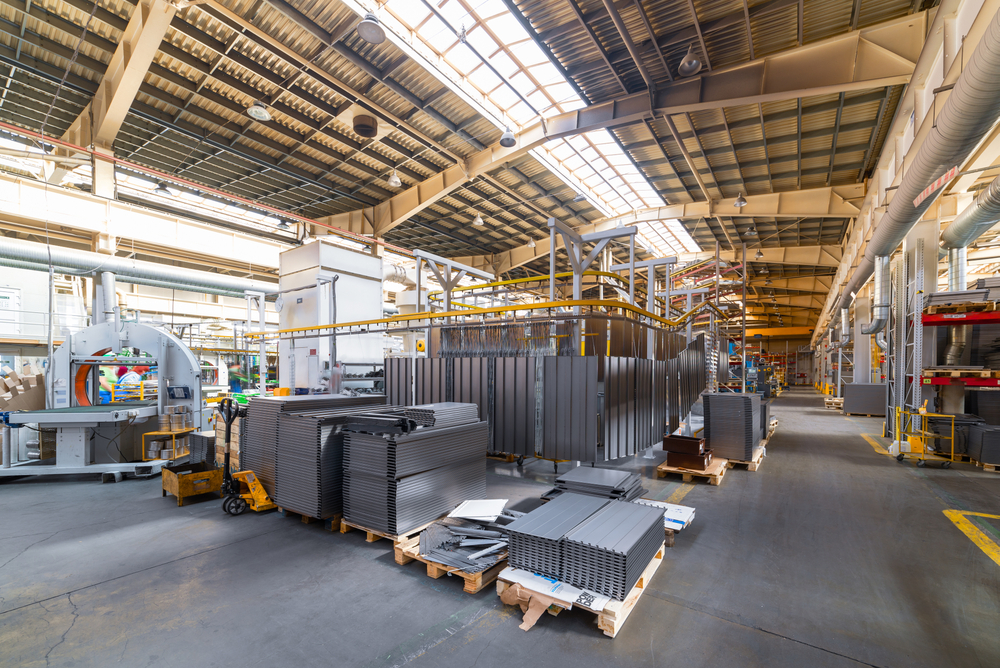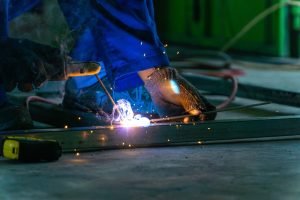At FEM, we’re passionate about providing the best customer service and upholding the highest standards of security when handling any personal client data. With that in mind, we’re proud to announce that our team have worked hard to achieve the government-backed Cyber Essentials certification.
What does it mean to be Cyber Essentials certified?
Cyber Essentials is a scheme designed to help businesses better protect themselves and their customers from various potential online threats. By gaining this accreditation it means that FEM can demonstrate that we have the best cyber security measures in place, offering all customers that work with us complete assurance that their data is protected.
In addition, the certification means we are listed on the Cyber Essentials directory as a trusted company for online security. We have been verified by independent experts for our firewalls, user access control, malware protection, secure configuration, and patch management, as well as having general approval for our security processes.
Contact FEM for your metal fabrication needs
With increasing numbers of cyber-attacks and phishing scams on businesses and individuals today, we believe any business that handles and stores customer data no matter what it is, should take steps to ensure their cyber security procedures are as robust as possible.
We have built an impressive reputation for not only high-quality metal work in a wide range of sectors, but also our friendly and dedicated customer service and our commitment to undertaking Cyber Essentials certification is part of that.
We take digital data security seriously and want our customers to feel completely confident in us when handling their personal information. If you’re looking for specialist bespoke metal fabrication services in Sheffield, be sure to contact us to discuss your requirements.

